
Black docu-comedy from the largest pawn shop in Poland. Times are tough, bankruptcy looms, but then the two choleric proprietors get a bright idea. A hilarious, heartwarming film.
You May Also Like

Hopkins’ career has spanned several decades, which is why we will also use many interviews that he gave throughout his life, allowing us to put him back into the context of each period and will be helpful in understanding his role in the history of cinema, because he was far from following the trends. He never belonged to any film movement; he is a chameleon that has always preferred natural acting, ‘non-acting’ when method acting was the fashion.

Shadows of Light combines the loud and soft tones of life. The centerpiece is an Austrian mountain pasture where the summer solstice is celebrated with international artists and where tradition and zeitgeist are not contradictory.

50 years ago, Sydneysiders were shocked and the art world astonished by Christo’s wrapping of the Little Bay coastline. Hungarian migrant and entrepreneur John Kaldor, who initiated this monumental work, has said “it all started with a stale sandwich, in Christo’s studio in 1968 New York.” Now, Project 34 (by Asad Raza) is about to be unveiled, and UK artist Michael Landy is designing the exhibition to celebrate 50 years of Kaldor Public Art Projects.

On a bicycle trip across the country, a young Neill Kirby McMillan Jr. experiences The Mojo Revelation and becomes Mojo Nixon. After teaming up with the enigmatic Skid Roper, he unexpectedly finds mainstream success during the Golden Age of MTV.

Mele Murals is a documentary on the transformative power of modern graffiti art and ancient Hawaiian culture for a new generation of Native Hawaiians. At the center of the story are two renowned street artists – Estria Miyashiro (aka Estria) and John Hina (aka Prime) – a group of Native Hawaiian youth, and the rural community of Waimea. Set against the resurgence of Hawaiian language and culture of the past twenty years, Estria and Prime tell how their street art has taken them on personal journeys to discover their history, identity and responsibilities as Hawaiian people.
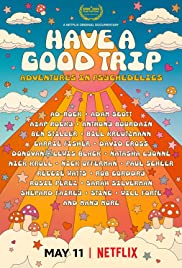
Celebrities recall their most mind-bending trips via animations, reenactments and more in this comedic documentary exploring the story of psychedelics.

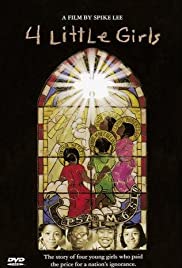
On September 15, 1963, a bomb destroyed a black church in Birmingham, Alabama, killing four young girls who were there for Sunday school. It was a crime that shocked the nation–and a defining moment in the history of the civil-rights movement. Spike Lee re-examines the full story of the bombing, including a revealing interview with former Alabama Governor George Wallace.

A series of interviews showcasing models from the fetish and bdsm scene. Hours of exclusive content featuring models Melissa, Rachel, Morgan and Miss Mathews. Get to know the women who work on the kinky side of modeling.
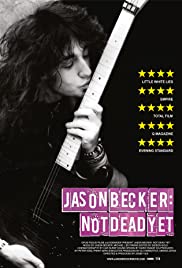
When doctors diagnosed 19-year-old rock star Jason Becker with Lou Gehrig’s Disease, they said he would never make music again and that he wouldn’t live to see his 25th birthday. 22 years later, without the ability to move or to speak, Jason is alive and making music with his eyes.
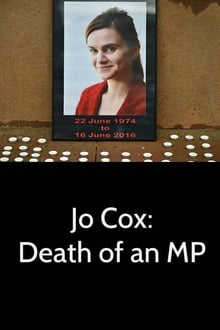
On 16 June 2016 the murder of Jo Cox – in the heat of EU referendum campaigning – shocked the nation. Jo Cox: Death Of An MP tells the story of this horrific attack and events surrounding it through the testimony of those closest to it, including Jo Cox’s family, eye witnesses and those who knew the murderer, Thomas Mair.
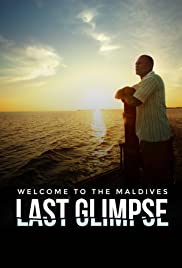
Welcome to a LAST GLIMPSE of “Modern Atlantis.” Due to rising sea levels, the Maldives and its culture is on the brink. In this travel show with purpose, we meet young people taking action on the frontlines of change.